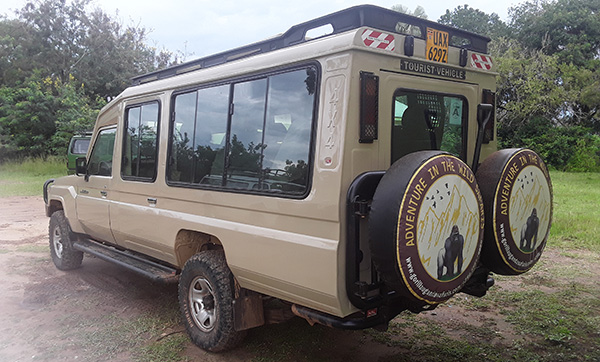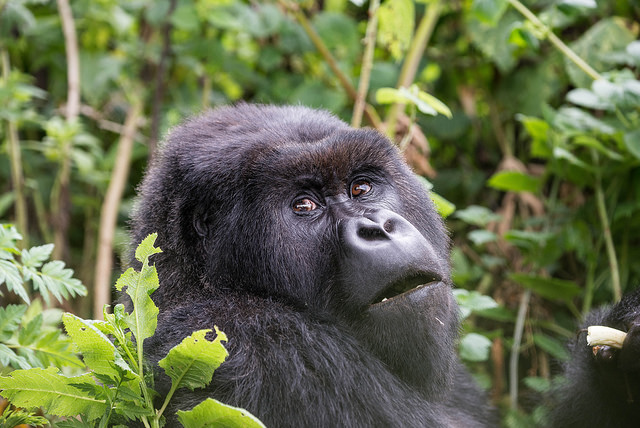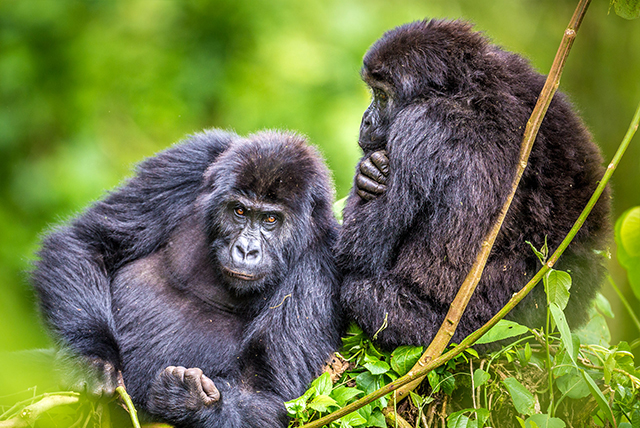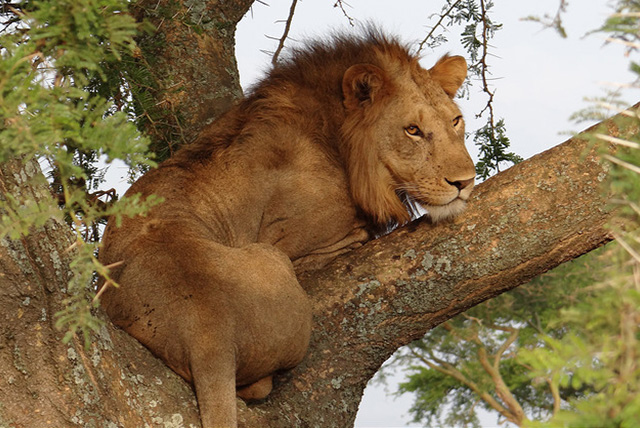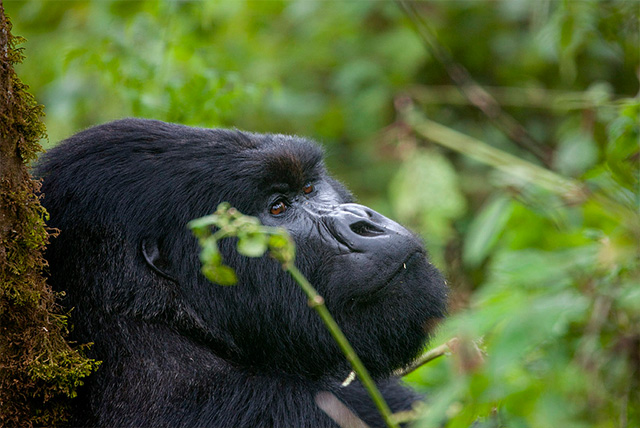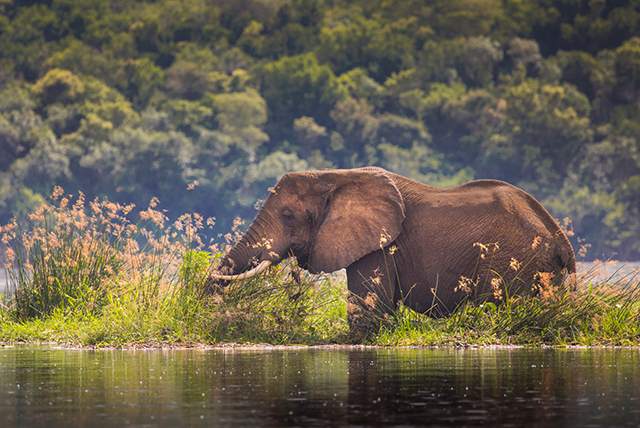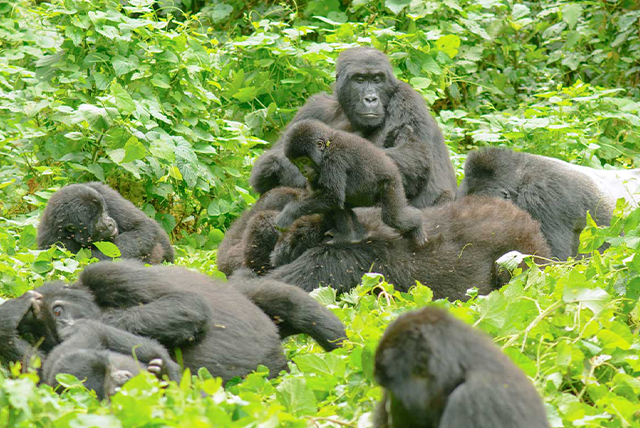Guide to South Africa Culture, History and Traditions
Guide to South Africa Culture, History and Traditions
Population: 58,558,270 inhabitants (2019).
Primary language
South Africa boasts a vibrant tapestry of 11 official languages, such as English, Afrikaans, Swati, and Zulu, alongside many others that reflect the rich diversity of its ethnic groups.
Language spoken
English serves as the medium for daily interactions. However, Afrikaans is also commonly embraced and displayed on signs.
Individuals
South Africa’s population is a vibrant tapestry woven from a variety of ethnic groups. The Zulu (22.9%), Xhosa (16.5%), Sotho (17.4%), and Tswana (7.8%) collectively make up 64.6% of the population. Afrikaners, or Boers, who trace their lineage back to Dutch settlers, make up 60% of the white population, while the remainder primarily consists of individuals of British descent, along with some of Portuguese and German heritage. Additionally, there is an inclusion of 8.6% of mixed-race descent and 2.6% of Asian origin. Among the more recent immigrant populations are Jews, Indo-Mauritian, Arabs, and Zanzibari, each bringing their unique stories and experiences to the vibrant tapestry of culture.
Faiths
The religious landscape of South Africa features a diverse array of beliefs, with Christians making up 68%, followed by Muslims at 2%, Hindus at 1.5%, and those adhering to indigenous beliefs at 28.5%. The South Africans are engaged in their practices, and their beliefs significantly influence public matters.
National Holiday 27 April: Day of Liberation.
Exciting Holiday Schedule
January 1: A day of fresh beginnings.
March 21: A day to celebrate the spirit of human rights.
March-April: Celebrating Good Friday and Easter Monday.
April 22: A day for family exploration.
April 27: A day of liberation.
May 1: A day to celebrate the spirit of work and the journey of labor.
16 June: A day brimming with youthful spirit and excitement.
August 9: A celebration of women.
September 24: A day to celebrate our rich heritage.
December 16: Day of Reconciliation.
December 25: A day brimming with excitement and joy.
December 26: A day brimming with generosity and kindness.
Chronicles of the past
In 1488, the Portuguese navigator Bartolomeu Dias embarked on a remarkable journey, sailing past the Good Hope Cape and onto Mozambique. In the mid-seventeenth century, the Dutch East India Company set up a port in Cape Town, leading to the establishment of a colony where a few hundred men settled. Initially, they made positive connections with the Khoisan, the hunter-gatherer population who inhabited the land. French Protestants came together, embarking on a journey to cultivate vines. The call for laborers in agriculture led to the arrival of individuals brought in to cultivate the land. In 1706, the settlers, known as Boers, initiated their first uprising against the administration, prompting some of the population to venture into the hinterland, where they earned the name Trekboers. There were also numerous encounters with the indigenous people, the Khoisan, and with the Xhosa farmers, who belong to the Bantu ethnic group. In 1814, the colony was handed over to Britain, and soon after, it began to grow and expand. The divide grew larger between the Boer community and the English, leading to clashes over various issues, including the treatment of indigenous communities and the status of slaves.
The abolition of slavery in 1833 by the British administration prompted the migration of several thousand Boer (Trekboers) farmers inland, seeking to carve out their own territory – this movement became known as The Great Trek. The Trekboers encountered the Zulu Empire in their desired lands, leading to the fierce clash known as the Battle of Blood River. Both sides faced challenges and setbacks until the ultimate triumph of the Boer people, who claimed their land known as Natal. To the east of the Cape Colony, the English engaged in a series of conflicts with the Xhosa, ultimately establishing the British Kaffraria in 1866 as an administrative division of the colony. Motivated by the British annexation of Natal, the Trekboers ventured forth to establish two new states, the Transvaal and Orange Free State. However, British imperialism, rigid ideologies, and the allure of gold in the Transvaal region sparked three Anglo-Boer wars starting in 1880, a period marked by the introduction of concentration camps by the English.
With the signing of the treaty of Vereeniging in 1902, the citizens of the Boer republics transitioned to become British subjects. The figurehead of the opposition, President Paul Kruger of the Transvaal, passed away in exile, and his birthday was celebrated as a holiday until 1994. In 1910, the Union of South Africa came into being – a dominion that brought together the diverse states. The region was finalized with the incorporation of German South West Africa. The African National Congress (ANC) was established in 1912 to champion the rights and equality of black South Africans, who faced persecution and were denied the right to vote. The system of apartheid, which enforced the division of various racial groups, particularly between whites and blacks, was established in 1948. The nation witnessed the rise of white supremacy, leading to the development of distinct paths for white and black populations. The Republic of South Africa came into existence in May 1961 when it departed from the Commonwealth. Years of segregation ensued, a strategy that faced global disapproval and significant domestic resistance. The political and economic isolation posed a significant challenge to the republic, and in 1990, the release of Nelson Mandela, who had been imprisoned since 1962, opened the door for the eventual dismantling of apartheid laws in 1991. In the vibrant and historic elections of 1994, Nelson Mandela emerged as the elected president, marking a significant moment in the nation’s journey.
Guideline
The South African political system functions on two distinct levels. The nine provinces each boast their own parliament and administration, allowing them the chance to embrace a unique constitution that aligns with the national framework. At the national level, parliament wields legislative power; it consists of the National Assembly (400 seats; 5-year terms) and the National Council of Provinces (90 seats, 10 from each province; 5-year terms). The parliament elects the president, who serves as both the head of state and the government. The 1996 constitution serves as the essential foundation of the state’s legal framework. The African National Congress (ANC) has been a central force in political life since the conclusion of apartheid, yet well-structured opposition parties contribute to a genuine democratic landscape.
Notable South Africans
Nelson Mandela (1918-2013). A legendary figure in the fight against apartheid and one of the most renowned and esteemed leaders globally. As the leader of the African National Congress, Mandela guided the end of the apartheid regime and, during his presidency, worked to restore national unity. A prominent political figure whose impact continues to resonate through time.
Frederik de Klerk, a figure born in the year 1936, embarked on a journey through a remarkable life filled with significant events and experiences. From 1989 to 1994, de Klerk served as the President of South Africa and then took on the role of Vice President from 1994 to 1996. He played a crucial part alongside Mandela in the negotiations that led to the conclusion of the apartheid regime. He received the Nobel Peace Prize in 1993 together with Mandela.
Myriam Makeba, a remarkable figure from 1932 to 2008. A remarkable singer and activist hailing from Johannesburg, famously known as ‘Mama Africa’, Makeba tied the knot with the US leader of the Black Panther Party in the 60s and made her way back to South Africa after Mandela’s release. A renowned singer, Makeba is celebrated as one of the prominent voices of black Africa.
Johnny Clegg, a remarkable figure, lived from 1953 to 2019. A Grammy-nominated singer-songwriter and anti-apartheid activist, famously referred to as the ‘white Zulu’. Clegg hailed from a Jewish family in Rhodesia and was a member of the vibrant mixed-race music group, Juluka, during the tumultuous times of South Africa’s apartheid era.
South African literature boasts several prominent figures, such as the novelist André Brink (1935-2015) and the poet Breyten Breytenbach (born 1939). Among them, the remarkable and fervent Doris Lessing (1919-2013) was honored with the Nobel Prize in Literature in 2007.
Desmond Tutu, a remarkable figure, was born in 1931. An Anglican Archbishop, anti-apartheid and human rights activist. Tutu is a renowned moral figure celebrated globally. Tutu was awarded the Nobel Peace Prize in 1984 for his courageous efforts in the fight against segregation.
Christiaan Neethling Barnard (1922-2001) was a remarkable figure in the world of medicine. A doctor and cardiologist who, on 3 December 1967, undertook the groundbreaking task of performing the world’s first heart transplant on Louis Washkansky, who lived for 18 days after the procedure before succumbing to pneumonia.
Polite behavior
South Africans are incredibly warm, inviting, and easygoing, sharing many cultural practices reminiscent of the western world. With that in mind, numerous smaller indigenous groups possess unique customs, so follow the guidance of your guide and the people around you to navigate the best practices for each community. The heart of social life in South Africa beats around the braai, a term that translates to ‘barbecue’. It exists in every household, within every neighborhood, and serves as a cherished tradition for individuals to converse, share laughter, and enjoy meals together. If you find yourself invited to a braai, make sure to come prepared – inquire whether you should bring your own meat to grill, and don’t forget to bring a little something for your host as well.
Shopping in South Africa is an exhilarating journey through the country’s stunning crafts. Among the most sought-after items are exquisitely adorned ostrich eggs, biltong – dried beef sliced into either plain or spicy varieties, traditional jewelry, vibrant beadwork pieces, leather bags, intricate wood carvings, and exceptional quality wine at great value.
Culinary delights
In South Africa, a vibrant tapestry of ethnicities has led to a rich exchange of recipes over the years, while unique community specialties are passionately safeguarded. The outcome is a national cuisine that’s vibrant, diverse, and harmoniously blends various influences. Common dishes feature mieliepap, a fundamental element in numerous South African homes, which is a corn flour porridge accompanied by meat sauce. Bobotie is a robust dish featuring spiced ground beef, crowned with a savory egg topping. Waterblommetjiebredie is a delightful stew crafted with tender lamb and fresh vegetables. To these dishes, one must incorporate game, featuring antelope, ostrich, and even more adventurous choices like crocodile. The climate is perfect for outdoor gatherings, and South Africans have cultivated a rich tradition of braai, or barbeque, where sausages, beef, pork, and a variety of other meats are cooked in a friendly, relaxed atmosphere. The culinary scene in the country’s major cities is expanding swiftly, with numerous top-tier restaurants in South Africa excelling in their craft.
Quench your thirst
Tap water is not safe for drinking, so make sure to stick with bottled water during your visit and steer clear of ice. As the third largest wine producer globally, South Africa boasts a rich understanding of wine-making, with its vineyards thriving in a perfect climate and benefiting from the extensive knowledge of its skilled growers. Whether you prefer the boldness of cabernet, merlot, and pinot noir, or the crispness of chardonnay, muscatel, and Gewürztraminer, the wine crafted here is truly exceptional. Rooibos tea stands out as a beloved choice for many South Africans. This herbal, caffeine-free beverage, often referred to as red bush, is enjoyed in large quantities by locals and boasts numerous health benefits that have captured the attention of the international community.

